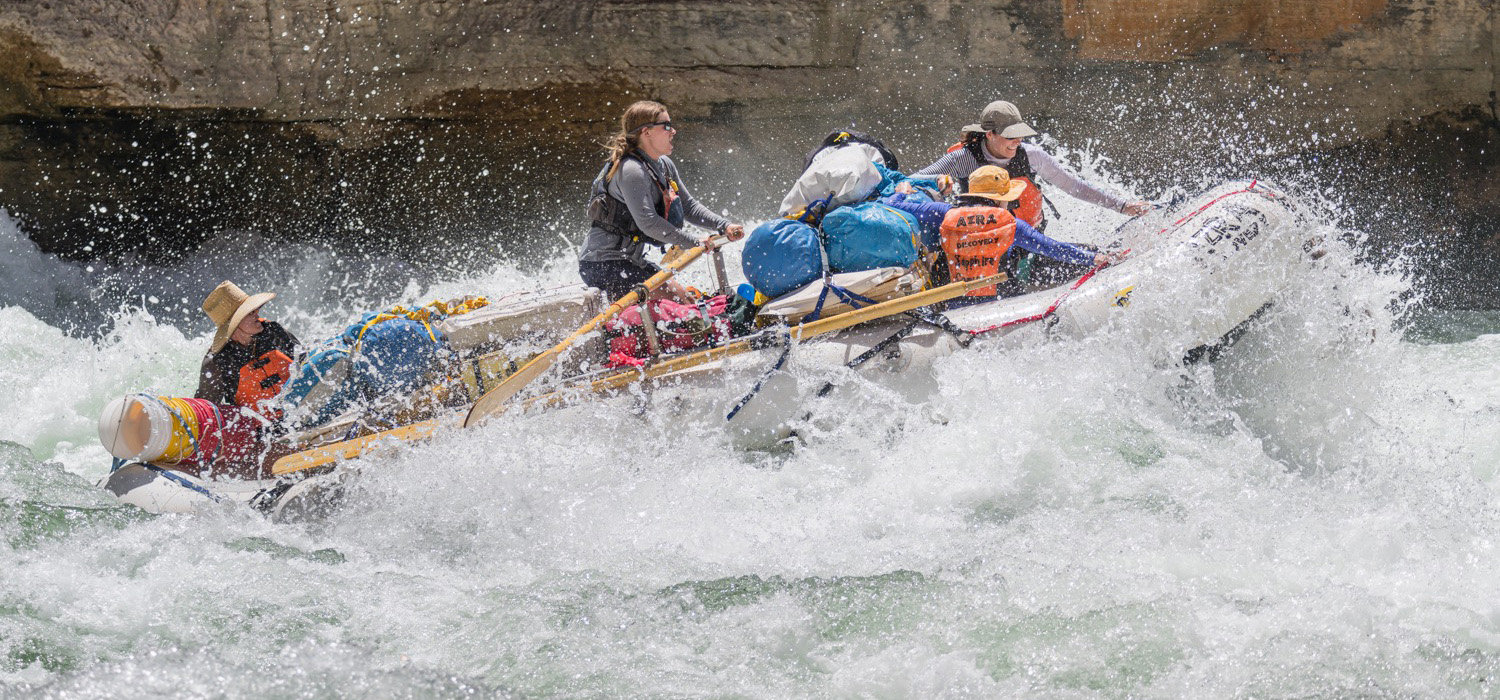
BY ETHAN AUMACK
Writing this on a day that climate negotiations have, yet again, fallen apart — seemingly entirely — in Washington, D.C., the urgency of and need for our work have never been more painfully obvious. Whether we see conservation work through the lens of the climate crisis, the biodiversity/extinction crisis, environmental-justice imperatives, or the need to protect the places we have come to love for future generations, we surely need a model for effecting social and environmental change that works — and works for everyone.
A model that works is one that can bring about durable, broadly supported change, overcome perpetual gridlock in Washington, D.C., and withstand the whipsaw political pendulums of our times. And that requires broad, diverse, and authentic participation in and leadership from a much greater cross section of our nation than has been part of the traditional conservation movement — a movement that has, in fact, for so many years, excluded so many beyond white middle-to-upper-class citizens. Those left out and left behind have too often been disproportionately harmed by environmental policies and laws of the past century. And these are also the thought leaders whose voices and ideas we will need to win the day. It is paramount that these leaders have a seat at the head of the table as the conservation movement evolves in the face of incredible, even existential, challenges.
This “Representation Issue” of the Colorado Plateau Advocate explores some of the many ethical, moral, and strategic imperatives driving the Grand Canyon Trust and many in the environmental movement to do our part to reconfigure the proverbial table from the Grand Canyon to Glen Canyon, and across the Colorado Plateau. More importantly, this issue explores how we go about this work in real time. At the center of our work has been and will continue to be supporting the rights of the Native peoples of the Colorado Plateau. We do this, and will keep learning our way toward doing this better, in community, in place, doing our utmost to listen and grow — individually and collectively.
The challenges of our time are incredible. I and we remain deeply hopeful, and entirely committed to the notion that a broad, diverse, equitable, and representative conservation movement can overcome these challenges, securing an environmentally just future for the Colorado Plateau and its people.
Sincerely,

Ethan Aumack

Also in this issue:
On the importance of not being the "only one" in the room. Start reading ›